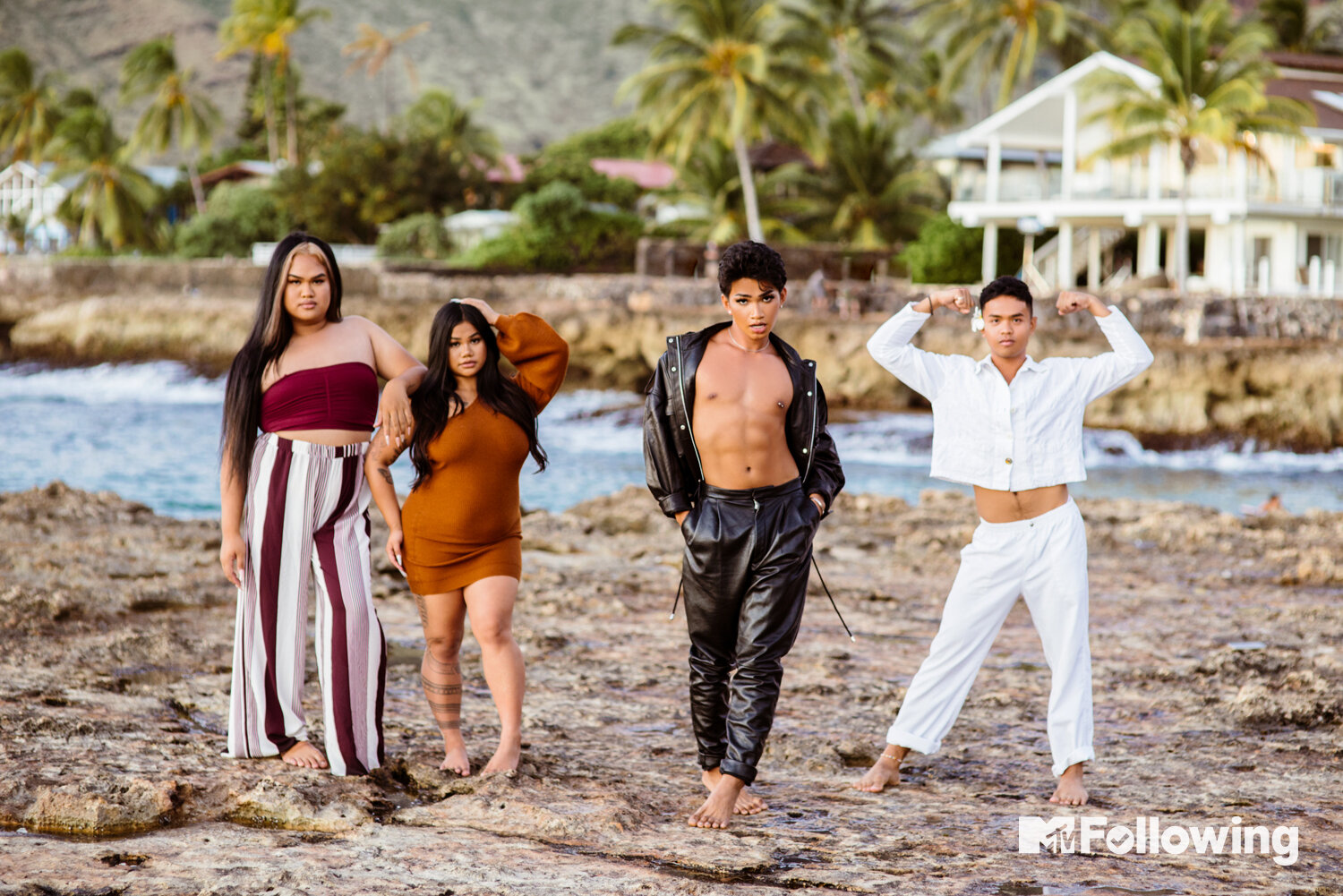Bretman Rock on MTV, Filipinx Representation and Power
Rock opens up about quarantine life and his new “MTV’s Following” series in an interview with Mercado Vicente.
Bretman Rock’s pandemic journey has been more eventful than most.
In the early days, around May of last year, Rock took to dyeing his hair a new color each week. He grew his plant collection exponentially, briefly documenting an experiment growing pink oyster mushrooms. He bought a new home. Perhaps most notably, Rock filmed a reality YouTube series with MTV that almost didn’t happen because of pandemic-related restrictions.
The show, however, must go on: The first episode was released on MTV’s YouTube channel on Feb. 8, with new episodes dropping every Monday. Already, “MTV’s Following: Bretman Rock” has made waves for putting Filipino culture — including Rock’s native Ilocano language — center stage on mainstream media.
Watch the trailer for MTV Following: Bretman Rock here. Courtesy of MTV.
Speaking to Mercado Vicente, Rock said that while he was aware of the significance of representation in media, he could not have anticipated the response he received from viewers of the series’ first episode.
“[I didn’t know] how many people needed to see a Filipino family on TV until the show came out — or even people who speak their language,” Rock said in a video interview with Mercado Vicente editors. “The way MTV was so willing to let my mom speak our native tongue, it was more groundbreaking than I thought it was going to be. The response was crazy. Especially nowadays, with everything that's been going on with the Asian American community, I think the show could not have come out at a better time.”
It’s no secret that anti-Asian discrimination and violence have increased since the onset of COVID-19, though both existed well before the pandemic. Earlier this month, Noel Quintana, 61, was slashed in the face with a box-cutter knife during his morning commute in New York City. Last week, the San Francisco Chronicle reported that Angelo Quinto died in Antioch police custody.
Positive representation of Asian Americans in the media, including queer Asian Americans, matters. It resonates, too: Rock counts more than 8 million YouTube subscribers and 15 million Instagram followers. Already, nearly 5 million people have watched the first episode of his MTV series — one being Gigi Hadid, who commented about the show on Rock’s Instagram.
MTV did not ask Rock to translate for his mother, who speaks Ilocano in the first episode, he said.
“I'm not gonna force my mom to speak English,” Rock said. “I don't do that in the regular reality world.”
“They didn't even contact me for the subtitles,” he added.
Rock, who immigrated from the Philippines to Hawaii as a young boy, has long used his online platform to pay homage to his Filipino heritage. On YouTube, he regularly speaks Tagalog and Ilocano, cooks Filipino dishes with his mother and eats Jollibee with his sister. He wore both a Filipiniana dress and barong tagalog in the campaign for his 2018 Colourpop Cosmetics collaboration.
It’s only natural, then, that Rock’s MTV show would spotlight Filipino culture, too, in a way that comes natural to him.
“We didn't try to shove Filipino culture down your throat because obviously I give no fucks, I look Filipino, I sound Filipino, I think I still sound fobbish,” Rock said. “I wanted to show what immigrant Filipinos’ lives are like. It's not the same as regular Filipino culture.”
Illustration by Eutalia de la Paz
Exclusively for Mercado Vicente
In his show, Rock’s queer Filipinx friends and family members are as integral to the storyline as Rock himself. His willingness to share the stage, to poke fun at his own ego while simultaneously surrendering it, is a rare quality to be found among his internet-famous contemporaries.
Call it confident. Call it what it is: self-empowerment.
When asked for his message to queer, Filipinx creatives, Rock replied, “Your culture is your power.”
“What makes you weird is also your power,” he said. “There's so much power in all of us, and once you know who you are as a person and you know what makes the difference and you embrace what your differences are, then you really become powerful.”

